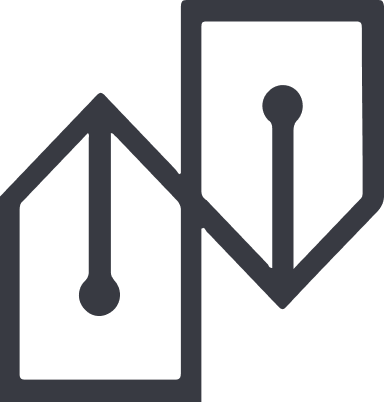DocumentsBill of Sale in Canada
Bill of Sale in Canada
A bill of sale is a legal document used to record the transfer of ownership of personal property in Canada. Whether you’re buying or selling a vehicle, equipment, or other valuable items, a bill of sale provides crucial documentation to protect both the buyer and the seller.
This document outlines:
- the terms of sale,
- identifies the parties involved, and
- serves as proof of the transaction.
Understanding the importance of a bill of sale and how to create one can help ensure a smooth and secure transfer of property.

Bill of Sale



 $99 $249 • Save: $150 (60%)
$99 $249 • Save: $150 (60%)

To make the process of drafting and notarizing your bill of sale as easy and convenient as possible, NotaryPro offers an online document creator. You can avoid the hassle of making an appointment with a notary public and spend less time drafting a document.
What is a Bill of Sale?
A bill of sale is a written agreement that documents the sale of personal property from one party to another. In Canada, it serves as a legally binding contract between the buyer and the seller, establishing the transfer of ownership rights. This document outlines essential details such as the description of the property, purchase price, date of the sale, and the names and contact information of both parties involved. A bill of sale is essential for both parties as it provides evidence of the transaction and can be used for various purposes, including registration, insurance, or proof of ownership.
Why is a Bill of Sale important?
A bill of sale is important for several reasons:
- Proof of Ownership: It establishes the legal transfer of ownership from the seller to the buyer, providing clear evidence of who owns the property.
- Transaction Details: It records important information about the sale, including the purchase price, date, and description of the property. This helps prevent disputes or misunderstandings in the future.
- Legal Protection: It protects both the buyer and the seller by documenting the terms and conditions of the sale, ensuring that both parties are aware of their rights and responsibilities.
- Compliance Requirements: Depending on the type of property being sold, certain government agencies or institutions may require a bill of sale for registration, licensing, or insurance purposes.
What information should a Bill of Sale contain?
A bill of sale typically includes the following information:
- Description of the Property: A detailed description of the item being sold, including any unique identifiers such as serial numbers or VIN (Vehicle Identification Number).
- Purchase Price: The agreed-upon price for the property being sold.
- Date of Sale: The specific date when the transaction took place.
- Seller and Buyer Information: The full legal names, addresses, and contact information of both the seller and the buyer.
- Payment Details: The method of payment used for the transaction (e.g., cash, check, or online transfer).
- Warranty and Condition: Any warranties or guarantees provided by the seller, as well as a description of the current condition of the property.
- Signatures: Signatures of both the seller and the buyer to indicate their agreement and acceptance of the terms.
Please note that the exact information required in a bill of sale may vary depending on the type of property being sold and the specific requirements of your jurisdiction. It is advisable to consult with a legal professional or use a reputable bill of sale template to ensure all necessary information is included.
Do I need to have my Bill of Sale notarized?
Notarization can provide peace of mind and added protection in case of any future legal complications or disputes. It is recommended to consult with a legal professional or the relevant authorities to determine if notarization is necessary or advisable for your specific transaction.
Frequently Asked Questions
What is the difference between a bill of sale and a receipt?
While a receipt acknowledges payment, a bill of sale includes additional details about the sale, such as the description of the property and the terms of the agreement.
Do I need a bill of sale to sell my vehicle?
Yes, in most Canadian provinces, a bill of sale is required when selling a vehicle to establish proof of ownership transfer.
However, specific requirements may vary, so it’s advisable to check with your local transportation authority.
Can I use a bill of sale for other types of property, like equipment or furniture?
Yes, a bill of sale can be used for various types of personal property, including equipment, furniture, electronics, and other valuable items.
Is NotaryPro’s online drafting & notary service legally recognized?
Yes, NotaryPro’s documents are legally recognized.
NotaryPro’s documents have been accepted by many institutions and authorities, including OSAP and Service Ontario.
Is NotaryPro’s online drafting & notary service secure?
Yes, NotaryPro uses the latest encryption technology.
Your personal information and documents are subject to the highest level of digital security, and we ensure that your documents are notarized in compliance with all applicable Canadian laws and regulations.
How much does it cost?
It’s free to create your document, although we do offer online notarization for a small fee.
That’s right! Creating your document comes at no cost to you, but if you would like to notarize it at the same time, we’re happy to help. Please find our detailed prices here.
 Book today
Book today See how our experts help you draft
See how our experts help you draft
